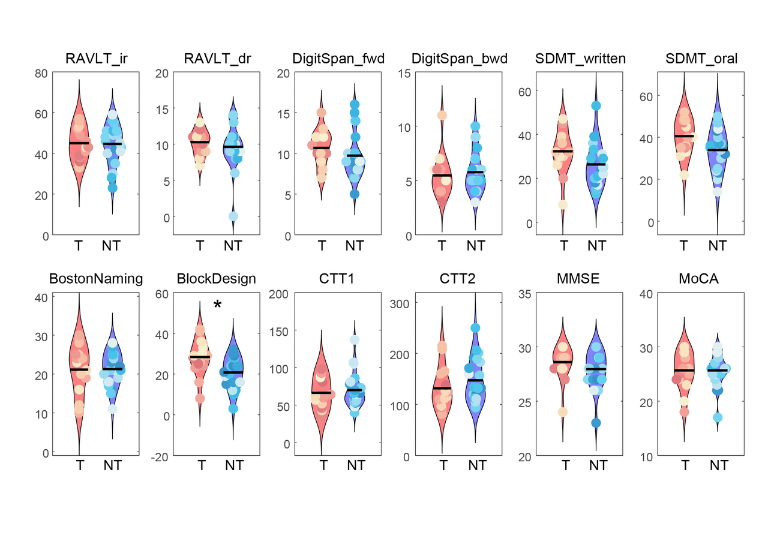Dr. Lei Feng discusses a 2019 research paper he co-authored that was published by Aging (Aging-US), entitled, “Habitual tea drinking modulates brain efficiency: evidence from brain connectivity evaluation.”
Behind the Study is a series of transcribed videos from researchers elaborating on their recent studies published by Aging (Aging-US). Visit the Aging (Aging-US) YouTube channel for more insights from outstanding authors.
—
Basically, I’m a medical scientist, so my interest is to find out what’s the feasible approach to promote brain aging. Yes, to promote the healthy brain aging, to prevent dementia, especially Alzheimer’s disease, I’ve been working the prevention of dementia for 20 years. In the past 20 years, I’ve been working on many, many modifiable factors, but it happens that I have found that tea drinking is a very, I would say, promising approach for dementia prevention.
In the past 20 years, I have been working on tea and health on several cohort studies, and now I’m working on a clinical trial.
Basically, what we’ve found, to summarize: Tea is very simple, tea is tea. If you look at it here, it’s brown with a skin of that, it’s slippy like this, right? There are many hybrid teas, you call them green tea, the Oolong tea and you call the fermented, the black tea, or the English Breakfast tea. There are different tea types.
From my research, I used data from Singapore and China. What I have found was tea drinking, those who drink tea regularly, have better brain function. When we talk about brain function, we are talking about better poly-function. Basically, you have better memory. You have better processing speed. You have a faster, best processing speed. You have better brain function, you have better attention. Basically, if you drink tea, then you’ll have better brain function than non tea drinkers.

It’s really amazing, just because of this small, this simple leaf from the tea plant, right? You have better brain function. We also found that tea can promote healthy longevity. If you drink tea regularly, you have less chance of dying earlier. We used data from China, found out that if you drink tea regularly, you have a reduced chance of mortality. We also found that tea is related to reduced risk for depression. So basically if drink tea regularly, you have less chance of having depression.
Just to summarize what I have found in the past three years. If you drink tea regularly, you have less chance of having Alzheimer’s disease. You have less chance of dying earlier, so basically reduced mortality. You have less chance of having depression and anxiety. I think it’s a really exciting finding. It’s very simple, right? It’s just a leaf from a plant. You can get all the benefits with just a very simple habit of drinking tea every day.
I think that’s what I want to share with everybody. I worked with Junhua, on brain imaging. I am not an imaging scientist, but I want to know how he can promote brain aging. Junhua did wonderful work to prove that if you drink tea regularly, you have better brain connectivity. I think Junhua can tell you more about what tea can do with your brain connectivity using data from tea, from brain imaging. Thank you.
Click here to read the full study published by Aging (Aging-US).
AGING (AGING-US) VIDEOS: YouTube | LabTube | Aging-US.com
—
Aging (Aging-US) is an open-access journal that publishes research papers monthly in all fields of aging research and other topics. These papers are available to read at no cost to readers on Aging-us.com. Open-access journals offer information that has the potential to benefit our societies from the inside out and may be shared with friends, neighbors, colleagues, and other researchers, far and wide.
For media inquiries, please contact [email protected].
